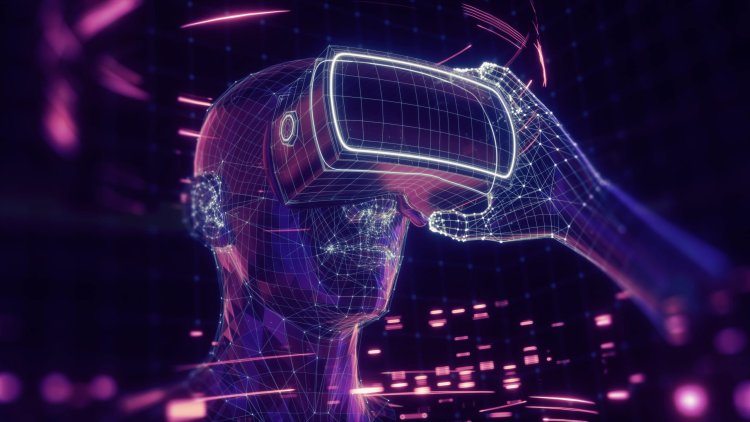Metaverse: These are the main obstacles

Metaverse has become a new buzzword, although it doesn't exist yet. Progress towards it is slow, for a number of reasons: lack of storage capacity, inability to create a completely immersive experience, and physical constraints such as bulky virtual reality headsets.
Storage problem
In order for a metaverse to "exist", users must be able to maintain a continuous connection with it through a stable mobile device connection. This is where the problem of huge amounts of data arises, and as we know, mobile devices do not have unlimited storage.
If we store every experience on our device, the device's memory will fill up at some point. One possible solution is to identify important episodes in the user's life and load them faster, much like a web browser caches a website.
However, people express themselves differently depending on who they talk to and where. So far, there is no modeling of every specific life situation that could create an idea of human reality. Therefore, we do not yet have the opportunity to capture and memorize all these moments of life.
The problem of sensations
Another problem with replicating reality is that avatars lack sensations such as smell and taste. Although many experiences in metaverse are close to real life, we have no significant technology that can replicate all five senses. Most research focuses on just one perception, and almost all face significant challenges.
For example, the technology startup Feelreal created a multisensory mask with hundreds of different scents using crowdfunding, based on vaping technology. However, it was this technology that caused the mask to run into a problem with the FDA's ban on flavored drip products.
In another study, a team at the University of Chicago tried to create feelings of warmth and cold by injecting chemicals into their noses. But if researchers want to get their product into production, they may face the same hurdle from the FDA.
Bulky headsets
Virtual reality devices are bulky and heavy. We could expect them to shrink, as has been the case with mobile phones. But downsizing may not be the best solution. One alternative is smart contact lenses, which, however, carry the same significant risks as conventional contact lenses, such as serious eye diseases and infections.
In addition, headsets and lenses may not suit people with eye problems, such as amblyopia, which affects hundreds of millions of people around the world. Holograms are a potential solution to this problem.
There has been some recent progress in their research. For example, Google's Starline project allows realistic 3D holograms to appear in front of you. However, it is an expensive technology (tens of thousands of dollars), which means that you will not see the Alyx Strider hologram in your living room in the foreseeable future.
The biggest loser: the planet
While unlimited resources can be created in virtual worlds, in real life resources are limited. Billions of lithium batteries are needed for ubiquitous metaverse, and lithium production is already struggling to keep pace with demand.
This has led to a recent price increase of more than 50%. And stocks of cobalt and nickel - two other components of lithium batteries - are dwindling. In addition, cobalt mining is associated with ethical issues such as child labor and corruption.
However, these problems are just the tip of the (melting) glacier. Luke Sweeney of Energy & Capital argues that to tackle climate change, we need to move to carbon-free energy and gasoline-free transportation, which "cannot exist without the extraction of an absurd amount of lithium.
" If we are fighting climate change, perhaps we should not shift these precious resources to building a metaversion. The advent of metaverse will lead to more data centers and the expansion of blockchain, which already emits too many greenhouse gases together.
And although you will be able to try on a dress or take a test drive with the new Tesla model in the meta version, it will not allow you to buy a new planet.




























